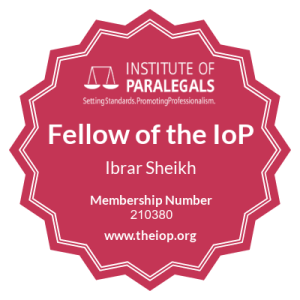Our McKenzie Friend service offers advice and support to help you reach agreement on a fair financial settlement, at a very affordable cost, rather than the several thousand you would spend with a traditional solicitor.
How to complete and exchange financial disclosure
For a fair financial agreement to be reached it is first necessary to put everything out on the table. In other words it is essential that both sides have been open and transparent about their finances and are not hiding anything.
The process of sharing your financial situation with the other side is known as Financial Disclosure.
There are three forms you could use to achieve financial disclosure in divorce depending on the situation.
Statement Of Information (Basic Disclosure)
Couples who have already reached agreement on finances and are planning to agree to a Consent Order are required to complete a very basic financial disclosure using a court form called a D81 Statement Of Information.
The completion of this form will normally be arranged by whoever is drafting the Consent Order.
Form E (Detailed Disclosure)
Where there are either: fairly complex finances, substantial assets or a lack of knowledge about your spouse’s finances – then you will typically be required to undergo a more rigorous disclosure process by completing a long form called a Form E.
The situations in which you might be asked to voluntarily complete Form E are:
– by a mediator before you attend a financial mediation session
– by your McKenzie Friend or your ex’s advisers before attempts at reaching an out of court settlement
If your financial dispute ends up in court then you may be ordered by the court to complete Form E by a stated deadline.
FAQs
We have a court hearing – and my ex hasn’t completed and sent me his Form E – what can I do?
It is not uncommon that someone does not complete their form E in time or at all. If the next scheduled hearing is the first appointment then the lack of a Form E can be addressed at that hearing and the judge will typically order that the Form E is completed by a new deadline and will sometimes attach a penalty for non-compliance.
If the next hearing is a Financial Dispute Resolution hearing or a final hearing then you have to decide whether you want to try and get the hearing postponed until you have received the other side’s Form E and have had time to prepare properly.
My ex’s Form E is incomplete / full of lies / full of holes – what do I do?
Once you have reviewed the other side’s Form E you should produce a Questionnaire detailing the further questions that you want you ex to provide answers to. You normally present this Questionnaire to the judge at the First Appointment and the judge will decide which questions are valid and will make an order that you ex has to provide answers to those valid questions.



